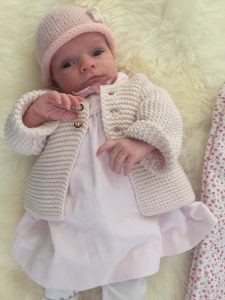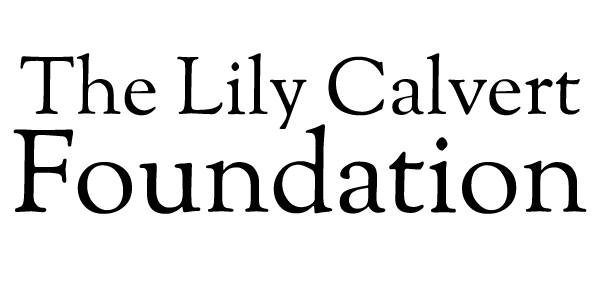Talking about Lily’s diagnosis on national TV
On Thursday 1 August 2019 I went live on national TV to talk about our girl and our journey through love and loss to creating Lily’s legacy.
It is safe to say I was very nervous at the thought of talking about Lily to the nation. If I am honest, I’ve always hated talking about the details of Lily’s diagnosis because it hurts too much. It might sound silly after all we’ve been through, but it still makes it more real. More raw, even more shocking somehow.
When we first got Lily’s diagnosis it was incorrectly just given as a broad term of Lissencephaly. Lissencephaly literally translates to mean smooth brain. It is a rare, gene-linked brain malformation characterised by the absence of normal folds in the cerebral cortex. I hated it. I still do hate the word, and I experience an incredibly complex range of emotions when it comes to talking about it.

Little Lily November 2016
I wish it didn’t exist, bringing with it the terrible ravages of seizures and global development delay. Shortly after Lily was born we were given her even more sever diagnosis of Miller Dieker Syndrome. This couldn’t be confirmed until they were able to check DNA specimens . Miller Dieker Syndrome carries with it an even shorter life expectancy, even more severe seizures, associated symptoms and global development delays. MDS is a microdeletion syndrome involving loss of the gene PAFAH1B1 on chromosome 17. A deletion of chromosome 17p13.3 deletion to be precise.

Getting ready to go on TV
The long winded point I am getting to, is that the fact that I was able to go on national TV and talk about it made me realise how far I have come in this ‘ grief journey’. I know I will never get over the loss of my girl, but the fact I could talk about her diagnosis without floods of tears or the walls of anxiety closing in on me – is a massive deal and I am pretty proud of myself. I was so proud of Lily too and cant think of a better face for TV. Our shining angekl should grace the screens everyday please!
I’m also a bit begrudging in admitting that time does help. Hot tip – don’t say to someone who has just experienced a devastating loss that ‘time heals all wounds’. Because it doesn’t. But two years down the track I am open to admitting that time does soften the edges of the acute pain and the nightmare horror of losing your baby, just a little bit.
You can watch the TV interview here and read about the experience of going on TV in my next blog post.
